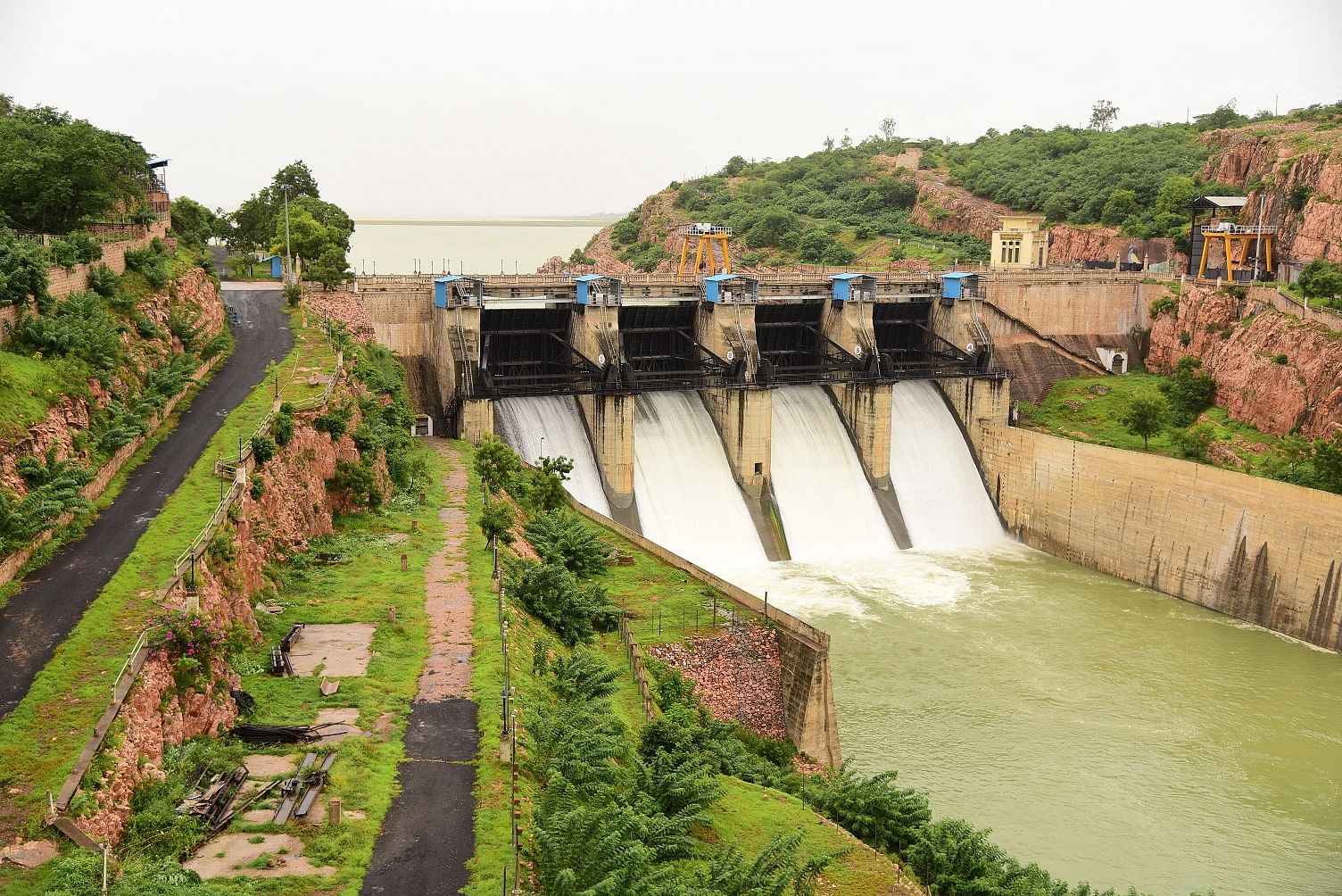The Karnataka government’s decision to effect a 100-fold hike in the water tariff for industrial use is irrational and detrimental to the state’s economic growth as it may lead to disruption of production, increase in prices and loss of jobs. At the highest slab, the hike, which is applicable on water drawn from dams, reservoirs and natural sources, is from Rs 3,200 per mcft to Rs 3 lakh per mcft, for all industries. The water rates in Karnataka are among the highest in the country, according to Karnataka Iron and Steel Association (KISMA). The government has also failed to recognise that water drawn by industries is additionally used for drinking purposes in the township and villages surrounding the industrial units. The impact will be felt on over 52,500 industries in the state that provide direct and indirect employment to over 20 lakh people.
The consequences of this ill-conceived decision could be manifold, as water is the basic raw material for many sectors including steel, cement and power. Karnataka, one of the most progressive states in the country, will now be viewed as industry-unfriendly and render itself unattractive to investment, especially when the rates in water-starved Rajasthan and neighbouring Tamil Nadu are in the range of Rs 14,000 to Rs 20,000 per mcft. With the hike uniformly applicable across industries, irrespective of their size or type, doing business in Karnataka could now become an unviable proposition, leading to flight of capital. The water drawn from dams for generation of hydro-electricity is also heavily taxed, spurring increased power costs. Only recently, the government had upwardly revised the duty on fuel. The increase in the cost of multiple inputs is certain to inspire a price rise across products, thereby flaring inflation. The inability of the industry to bear this burden is likely to decelerate production and even lead to the closure of small enterprises, rendering many jobless.
The government is now left with little option but to roll back the tariff to reasonable and competitive levels, while simultaneously putting in place a mechanism on the lines of the Karnataka Electricity Regulatory Commission (KERC) to periodically revise rates on a more scientific basis. While a revenue of Rs 760 crore was anticipated from the hike, Chief Minister H D Kumaraswamy might have to do some tight rope walk as his farm-loan waiver scheme has already put a strain on the state’s finances. Kumaraswamy will have to find a way out if Karnataka has to retain its pre-eminent position as an attractive investment destination. If the state fails to recognise the industry as a partner in development and stifles its growth through regressive levels of taxation, it will do so at its own peril.
